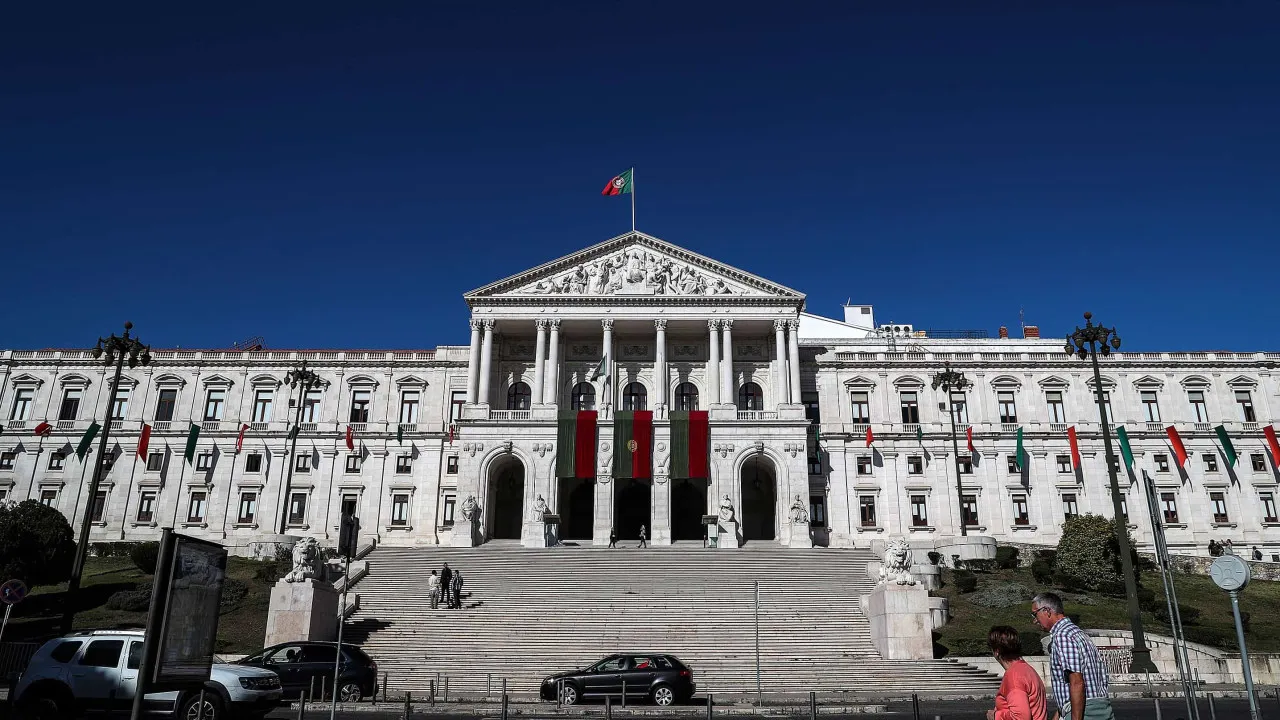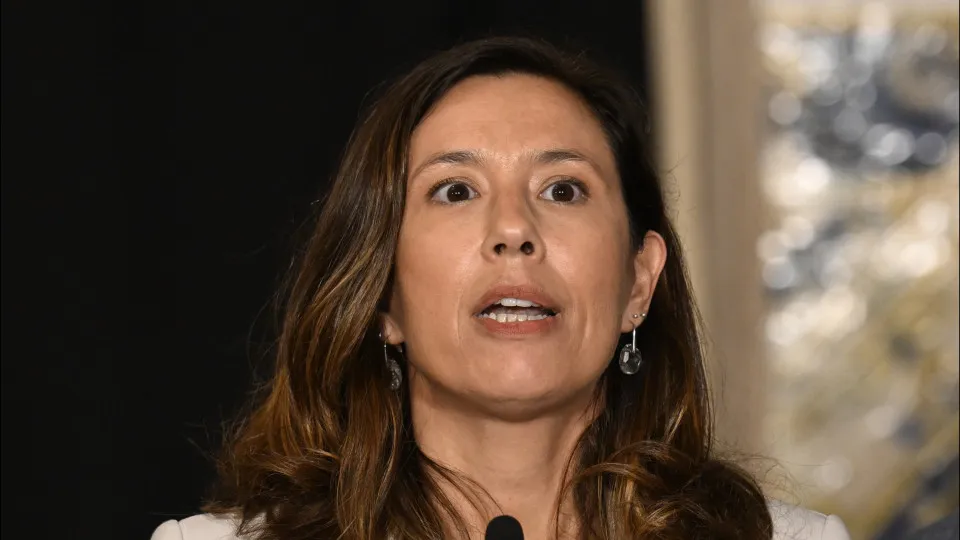
A range of projects from the PSD, Chega, PS, IL, CDS-PP, and PAN have been approved, with opposition from the PCP and BE on all initiatives. Livre voted in favor of PAN’s and PS’s projects, against those of IL, Chega, and CDS-PP, and abstained on PSD’s initiative.
The initiatives, despite having more similarities than differences, share a common goal of approving transparency rules applicable to private entities engaging in legitimate lobbying with public authorities and creating a transparency register for such activities.
All parties agree that the register should be public, free, and mandatory for all lobbyists interacting with public entities, but they differ on its oversight. Most parties suggest the Assembly of the Republic should manage the register, while IL favors the Transparency Entity and PAN calls for the National Anti-Corruption Mechanism’s involvement.
Another point for discussion will be the scope of incompatibilities between lobbying and other professions.
PS, Chega, CDS-PP, and IL argue that legal practice should be incompatible with lobbying activities.
PSD’s proposal excludes typical lawyer activities during legal mandates but allows them to engage in lobbying with public entities, requiring registration and client disclosure.
PAN believes all lawyer activities could fall under the law’s scope.
All bills stipulate the register will be accompanied by a Code of Conduct and a mechanism to monitor the legislative footprint of the initiatives.
Public entities include the Presidency of the Republic, parliament (including parliamentary groups and single deputies), the Government, executive offices of Autonomous Regions, as well as state and regional local administration bodies.
Regarding sanctions, most parties propose that breaches may lead to “suspension, total or partial” of an entity from the register and “access limitations” for individuals acting on their behalf.
PAN takes a tougher stance, suggesting that non-registration by lobbyists and potential violations could result in limitations on applying for subsidies or public tenders.
During the debate on Thursday, proponents expressed confidence in reaching a consensus in the specific discussions, regretting the protracted nature of this issue in parliament since 2016, which has seen no successful legislation in the past five terms.




